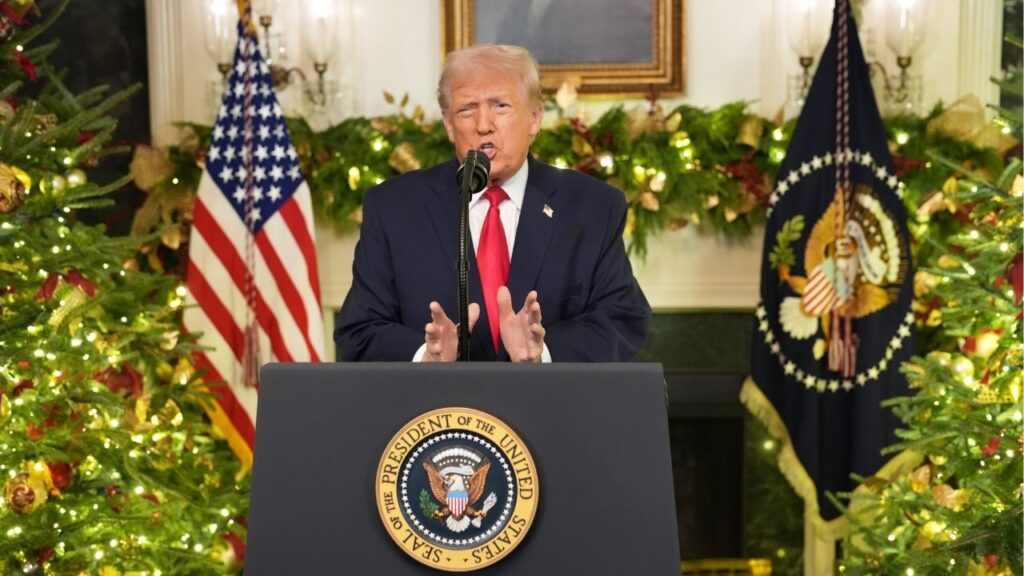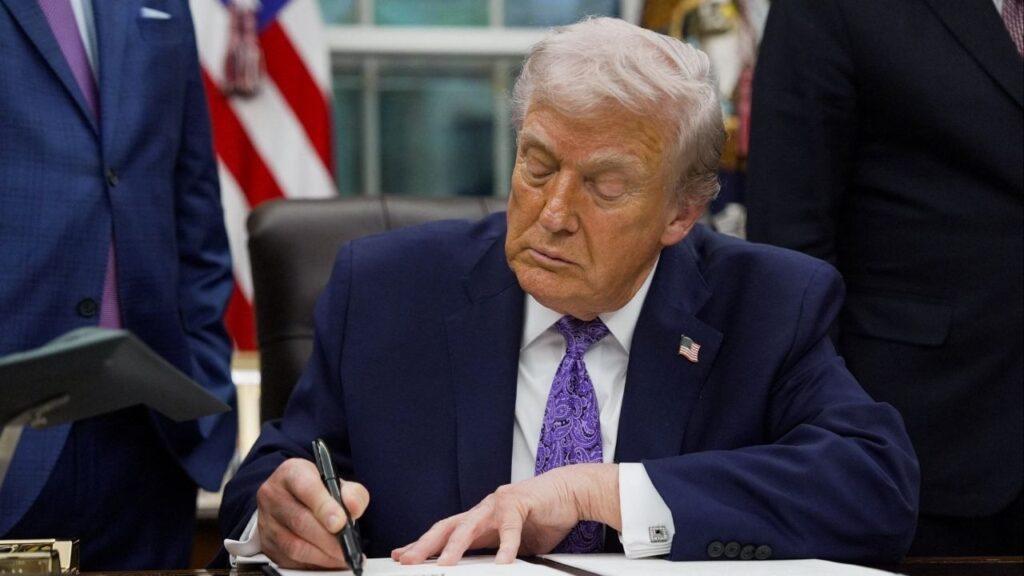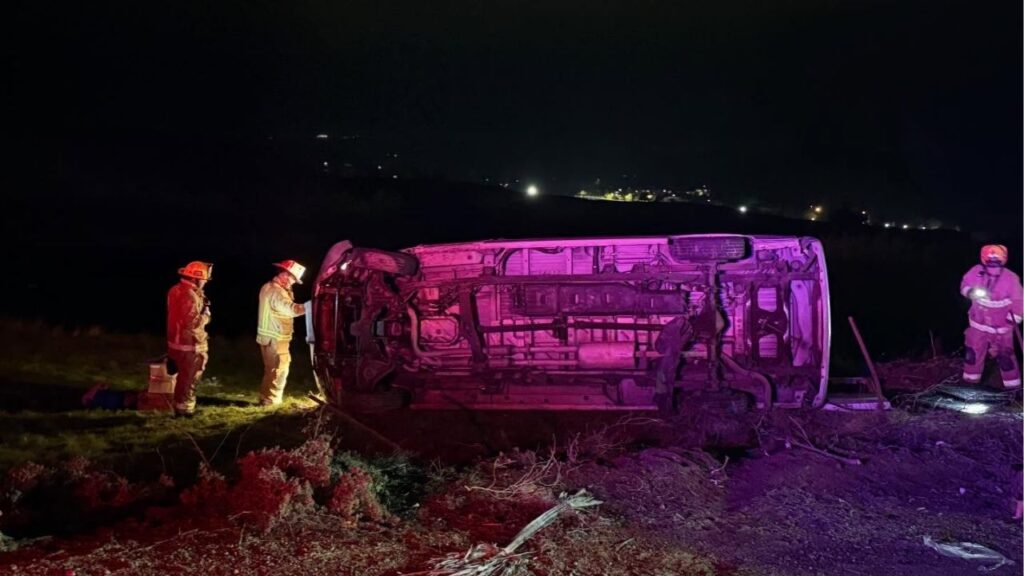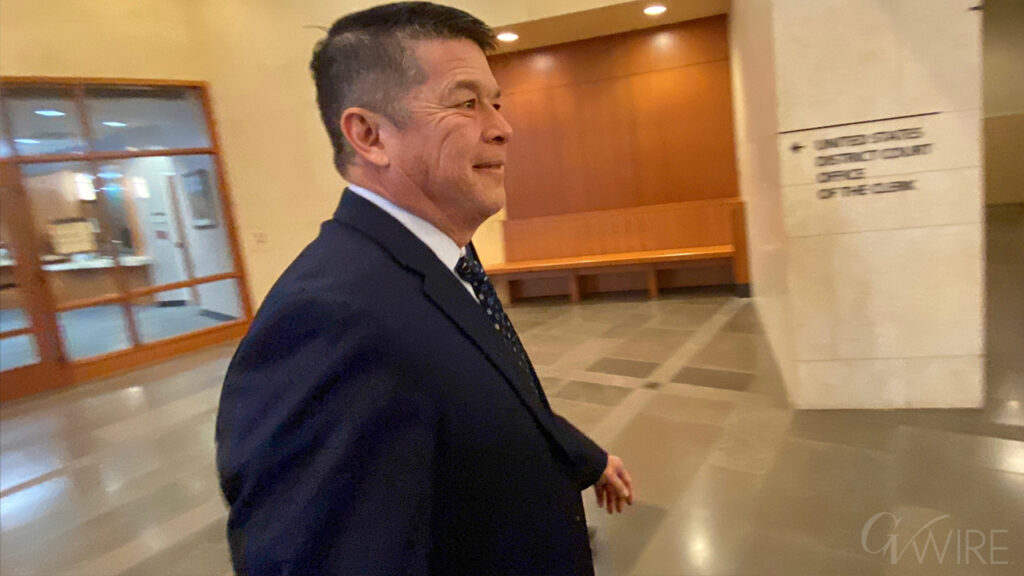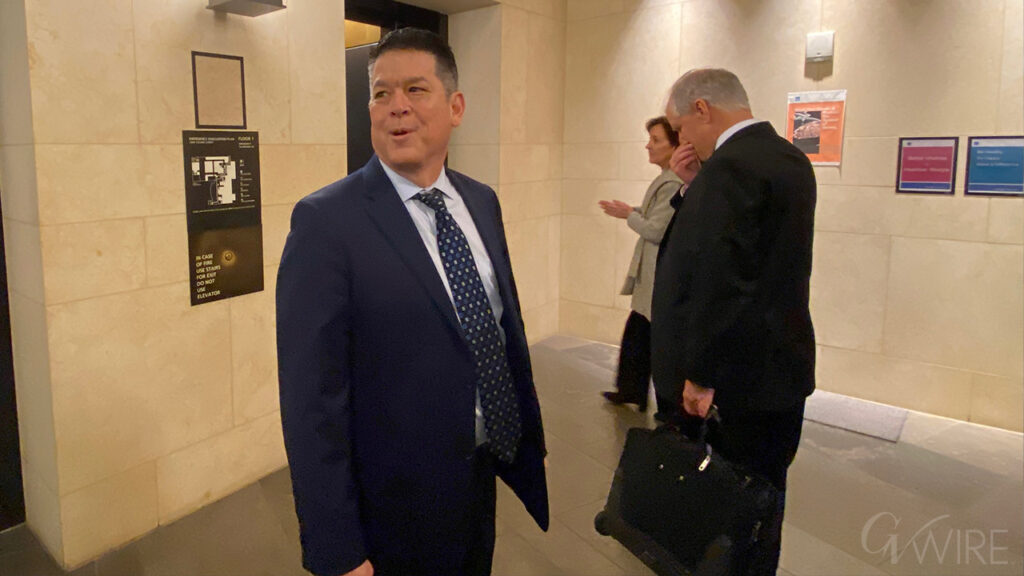U.S. Defense Secretary Pete Hegseth said on Sunday (June 22) that U.S. military strikes against Iranian nuclear facilities were an incredible and overwhelming success which took months and weeks of positioning to carry out. Ciara Lee reports. (Reuters)

- U.S. leaders say Iran strike aimed at neutralizing nuclear threat, not regime change; Tehran vows response but hesitates to escalate.
- Seven B-2 bombers, 125 aircraft, and 75 precision weapons used in “Midnight Hammer,” catching Iran off-guard with devastating effect.
- Pentagon says U.S. forces are on high alert; Strait of Hormuz closure looms as global oil supply faces new risks.
Share
|
Getting your Trinity Audio player ready...
|
WASHINGTON – The U.S. strikes on Iran’s nuclear sites were not a preamble to regime change, U.S. Defense Secretary Pete Hegseth said on Sunday, adding that Washington sent private messages to Tehran encouraging negotiation.
Officials kept operation “Midnight Hammer” highly secret, limiting knowledge of the mission to a small number of people in Washington and at the U.S. military’s Middle East headquarters in Tampa, Florida.
Seven B-2 bombers flew for 18 hours from the United States into Iran to drop 14 bunker-buster bombs, chairman of the Joint Chiefs of Staff, General Dan Caine, told reporters.
Hegseth warned Iran against following through with past threats of retaliation against the United States and said U.S. forces would defend themselves.
“This mission was not and has not been about regime change,” Hegseth told reporters at the Pentagon. “The president authorized a precision operation to neutralize the threats to our national interests posed by the Iranian nuclear program.”
Caine said initial battle damage assessments indicated that all three sites sustained extremely severe damage and destruction, but he declined to speculate whether any Iranian nuclear capabilities might still be intact.
In total, the U.S. launched 75 precision-guided munitions, including more than two dozen Tomahawk missiles, and more than 125 military aircraft, in the operation against three nuclear sites, Caine said.
The operation pushes the Middle East to the brink of a major new conflagration in a region already aflame for more than 20 months with wars in Gaza and Lebanon and a toppled dictator in Syria.
Tehran has vowed to defend itself and responded with a volley of missiles at Israel that wounded scores of people and destroyed buildings in its commercial hub Tel Aviv.
But, perhaps in an effort to avert all-out war with the superpower, it had yet to carry out its main threats of retaliation – to target U.S. bases or choke off the quarter of the world’s oil shipments that pass through its waters.
Caine said the U.S. military had increased protection of troops in the region, including in Iraq and Syria.
“Our forces remain on high alert and are fully postured to respond to any Iranian retaliation or proxy attacks, which would be an incredibly poor choice,” Caine said.
The United States already has a sizeable force in the Middle East, with nearly 40,000 troops in the region, including air defense systems, fighter aircraft and warships that can detect and shoot down enemy missiles.
Reuters reported last week that the Pentagon had already started to move some aircraft and ships from bases in the Middle East that may be vulnerable to any potential Iranian attack.
The military had already moved aircraft that were not in hardened shelters from Al Udeid base in Qatar and its naval vessels from a port in Bahrain, where the 5th Fleet is located.
Not Open Ended
With his unprecedented decision to bomb Iran’s nuclear sites, directly joining Israel’s air attack on its regional arch foe, Trump has done something he had long vowed to avoid – intervene militarily in a major foreign war.
Trump, who insisted on Saturday that Iran must now make peace or face further attacks, could provoke Tehran into retaliating by closing the Strait of Hormuz, attacking U.S. military bases and allies in the Middle East, and activating proxy groups against American and Israeli interests worldwide.
The Iranian parliament approved closing the Strait of Hormuz, a potential choke point for oil shipments, but the country’s top security body is required to make a final decision, Iran’s press TV reported.
U.S. Secretary of State Marco Rubio on Sunday called on China to encourage Iran to not shut down the Strait of Hormuz.
Hegseth, who said the Pentagon notified lawmakers about the operation after U.S. aircraft were out of Iran, said the strikes against Iran were not open ended.
“As the president has directed and made clear, this is most certainly not open ended,” Hegseth said, adding that the U.S. military would respond if necessary.
—
(Reporting by Phil Stewart and Idrees Ali; Editing by Hugh Lawson, Giles Elgood and Lisa Shumaker)
RELATED TOPICS:
Categories

Target App Down for Thousands, Downdetector Shows





